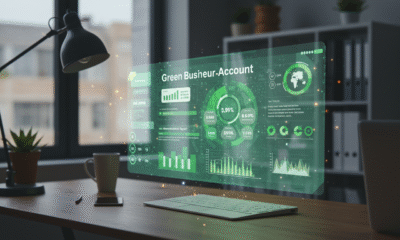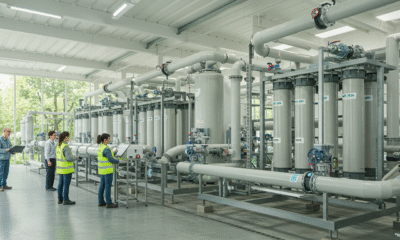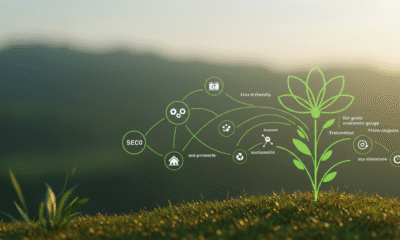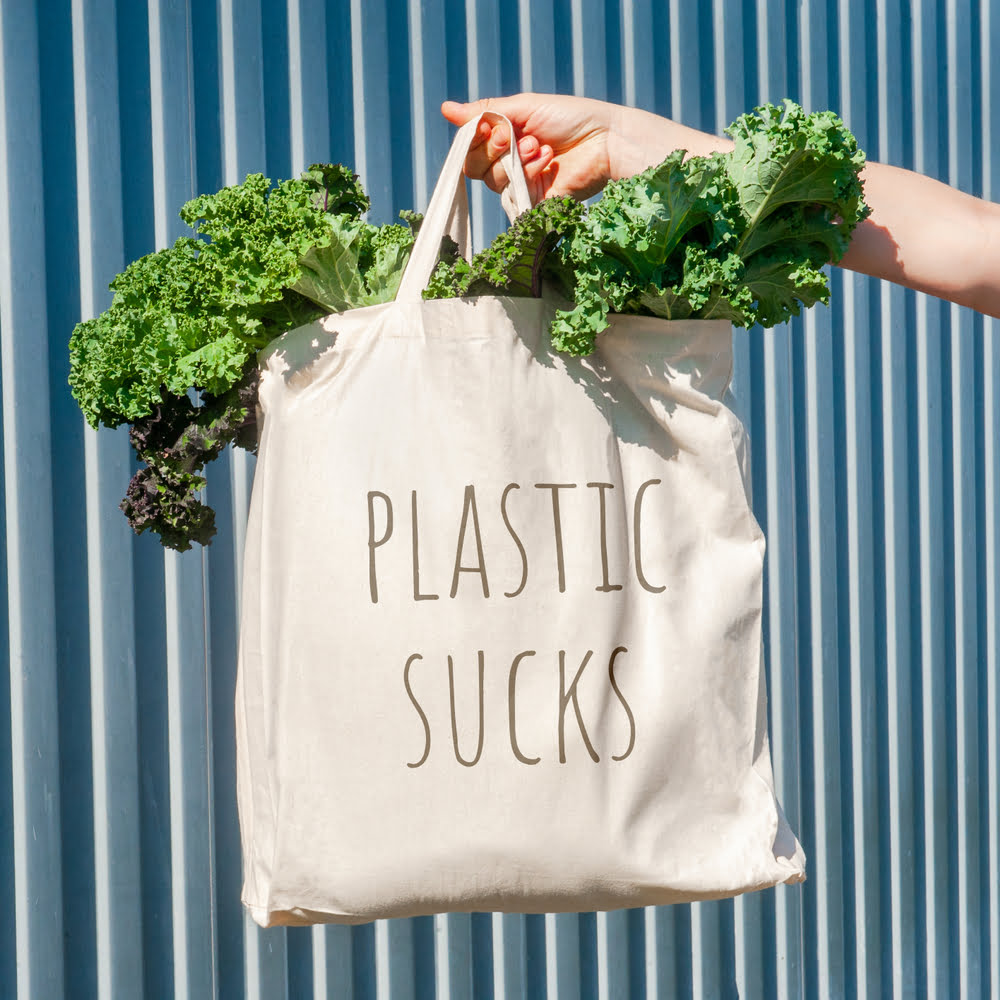
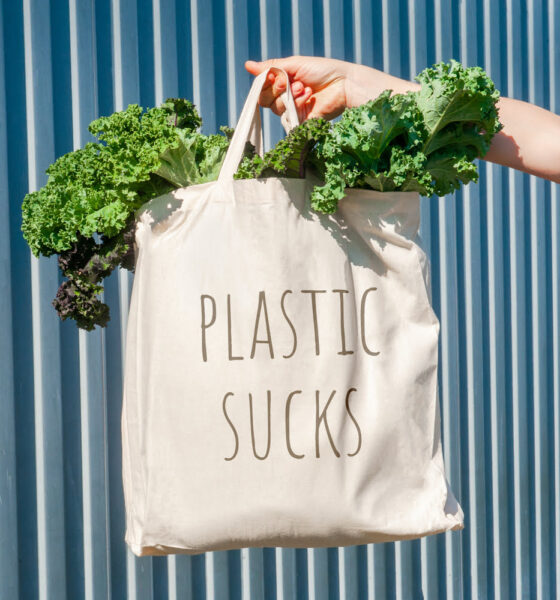
Environment
5 Benefits of Plastic-Free Packaging for Online Retailers
Online retailers need to be realistic about the impact they are having on the environment. While it is true that online shopping is better for the environment, there are still things that online retailers must do to help solve environmental problems.
When the eCommerce sector is booming, and climate change is at the forefront of people’s minds, online retailers have a lot to think about to keep their customers content. While green consumer products are vital in reducing plastic waste, eco-friendly packaging has a huge role in protecting the environment and preserving the planet’s resources.
What Is Plastic-Free Packaging?
As the name suggests, plastic-free packaging avoids the use of plastics to package various products. It mitigates many drawbacks that plastic packaging has while remaining functional and effective under challenging shipping conditions. Common examples of plastic-free packaging include packing paper, cardboard, Kraft and other renewable materials like bagasse.
Similarly, plastic packaging comes in many forms, from moulded plastic casings that hold products in place to plastic films that package food items. Polystyrene packing peanuts are also plastic-based and often aren’t recyclable, making internal packaging just as challenging as external packaging.
The Benefits of Plastic-Free Packaging for Online Retailers
Plastic-free packaging used to be the norm. We used paper and cardboard almost exclusively to send parcels far and wide. In the modern world, we’re going back to our roots after the devastating effects of plastic pollution have been realised.
Plastic-free packaging has other benefits too. It is:
1. Recycled and Recyclable
You can recycle some forms of plastic packaging, but a worrying amount of plastic isn’t disposed of responsibly and ends up as landfill waste. To make matters worse, a large percentage of plastic packaging has no recyclable qualities, making it a minefield for eco-conscious consumers concerned about the environmental impact of their online purchases.
By comparison, paper and cardboard are inherently recyclable, making them easy to recycle, reuse or repurpose. These materials can be made from 100% recycled contents, meaning less packaging needs to be produced from scratch.
2. Compostable and Biodegradable
Plastic doesn’t degrade naturally over time. It can take hundreds of years to decompose. Even when plastics finally break down, they leak chemicals back into the environment, causing further damage to nature. Plastic-free packaging is far superior since it typically doesn’t contain any substances that could harm organic life. It naturally degrades in a relatively short time — usually between three to six months — making it a much greener alternative.
2. Better for Consumers
Numerous studies have shown that consumers prefer sustainable packaging to plastic. Most people are even willing to pay more for products that use green packaging alternatives. This further proves that natural packaging greatly enhances the customer experience. Its wholesome aesthetic appeal makes customers feel like they’re receiving a quality product instead of a cheap, tacky item that’d usually be clad in plastic.
4. Higher Return on Investment
Plastic packaging is relatively inexpensive to implement since it’s currently produced on such a monumental scale. While it may be cheaper to roll out, it’s something of a false economy. We know that consumers prefer paper and cardboard to plastic packaging. With more legislation banning single-use plastics, it’s only a matter of time until online retailers need to find more sustainable solutions to their packaging operations.
If businesses operating online invest in and promote their use of eco-friendly packaging, they’re much more likely to see a greater influx of eco-conscious customers. This is one of the biggest reasons that going green is good for business.
5. Conserves Planetary Resources
The production of plastic comes at a considerable environmental cost. Oil isn’t a renewable resource, meaning one day, we’ll eventually deplete the planet’s resources to a point where we’re likely to experience a true environmental catastrophe. Cardboard and paper packaging are much more sustainable, especially when sourced from carefully managed forests.
Should Online Retailers Use Plastic-Free Packaging?
Online retailers and eCommerce businesses are now in the spotlight as most consumers turn to the internet to browse and shop. One of the key influencing factors of customers’ purchasing decisions is the packaging that accompanies their sought-after products. In a highly competitive space, it’s clear that companies must adapt their approach and promote their cause to win new business, retain loyal customers and protect the planet.

